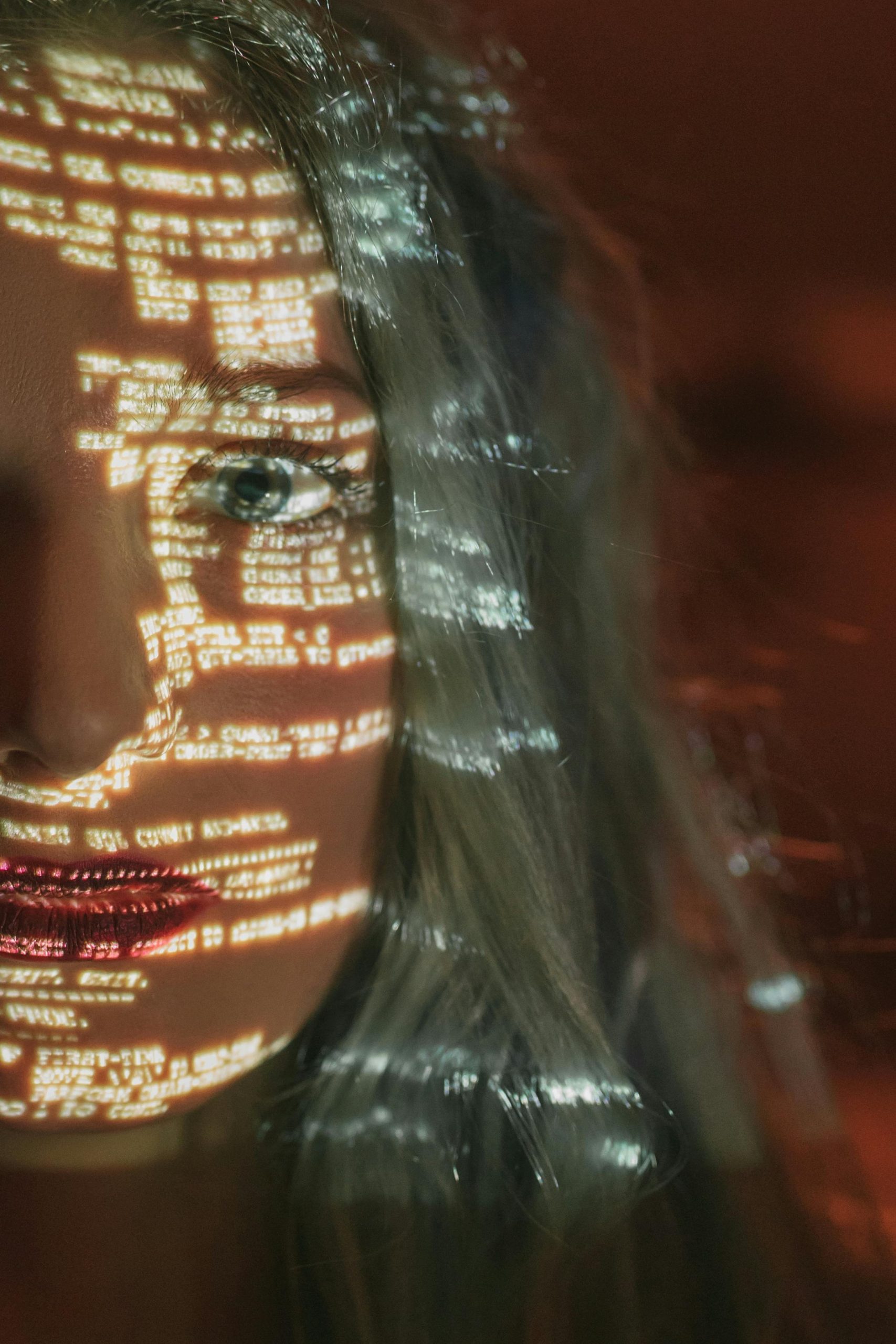The rapid advancement of artificial intelligence (AI) has sparked debates across industries, and the world of programming is no exception. As AI-powered tools like GitHub Copilot, ChatGPT, and automated code generators become more sophisticated, many coders wonder: Will AI replace programmers? While AI is transforming the way we write and debug code, the future of programming is more nuanced than a simple replacement scenario. Let’s explore how AI is reshaping coding, the limitations of automation, and why human developers remain indispensable.
The Rise of AI in Programming
AI has already made significant inroads into software development. Tools like GitHub Copilot use machine learning to suggest code snippets, autocomplete lines, and even generate entire functions based on natural language prompts. Automated testing frameworks leverage AI to identify bugs faster, while low-code and no-code platforms enable non-developers to build applications with minimal manual coding.
These advancements are streamlining workflows and reducing repetitive tasks, allowing developers to focus on higher-level problem-solving. However, AI’s role is currently assistive rather than substitutive. It excels at pattern recognition and automating mundane tasks but lacks the creativity, intuition, and contextual understanding that human coders bring to complex projects.
What AI Can (and Can’t) Do
AI is undeniably powerful in specific areas of programming:
- Code Generation: AI can produce boilerplate code or repetitive functions, speeding up development.
- Debugging: Machine learning models can analyze codebases to detect errors or vulnerabilities.
- Documentation: AI can auto-generate comments or documentation based on code structure.
However, AI struggles with:
- Abstract Problem-Solving: Translating vague business requirements into functional systems requires human judgment.
- Creativity: Designing innovative architectures or user experiences goes beyond algorithmic patterns.
- Ethical Decision-Making: AI lacks the moral reasoning needed to address biases or ethical dilemmas in software.
In short, AI is a tool—not a replacement—for skilled developers.
The Evolving Role of Programmers
Rather than eliminating jobs, AI is reshaping the skills required for programming. Developers will need to adapt by:
- Focusing on High-Level Design: As AI handles routine coding, programmers will spend more time on system architecture and optimization.
- Collaborating with AI: Learning to effectively prompt and refine AI-generated code will become a critical skill.
- Emphasizing Soft Skills: Communication, teamwork, and problem-solving will grow in importance as technical tasks become automated.
The demand for programmers may even increase as AI lowers barriers to entry, enabling more people to engage with technology while still requiring experts to oversee complex projects.
Industries Where Human Coders Remain Essential
Certain fields will continue to rely heavily on human expertise:
- Cybersecurity: Defending against AI-driven threats requires human ingenuity and adaptability.
- Research & Development: Pioneering new algorithms or technologies demands creative thinking beyond AI’s capabilities.
- Legacy Systems: Maintaining and modernizing outdated codebases often involves nuanced decision-making that AI can’t replicate.
While AI can assist in these areas, human oversight remains crucial to ensure accuracy, security, and innovation.
Preparing for an AI-Augmented Future
To stay relevant in an AI-driven landscape, programmers should:
- Embrace Lifelong Learning: Continuously update skills in AI collaboration, cloud computing, and emerging technologies.
- Specialize: Deep expertise in niche areas (e.g., AI ethics, quantum computing) will be harder to automate.
- Leverage AI Tools: Use AI to enhance productivity rather than resist its integration into workflows.
The most successful developers will be those who view AI as a collaborator rather than a competitor.
AI is transforming programming, but it won’t replace coders anytime soon. Instead, it will augment their capabilities, automate tedious tasks, and open new opportunities for innovation. The future belongs to developers who can harness AI’s power while applying the uniquely human skills of creativity, critical thinking, and ethical judgment. Rather than fearing obsolescence, programmers should focus on adapting and thriving in this evolving landscape—because while AI can write code, it still can’t replace the human mind behind it.
